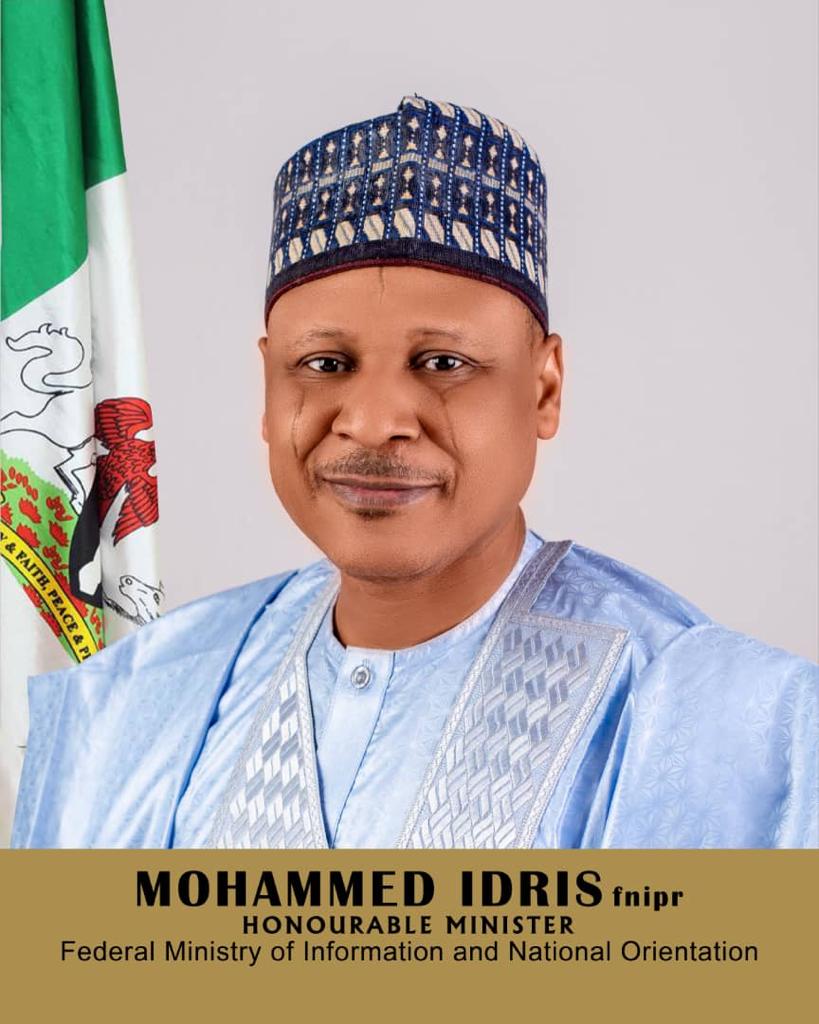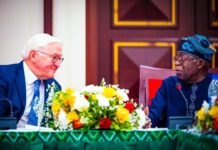“Insane,” “ridiculous,” “worst deal ever” are some of the descriptions used by US President Donald Trump for the Iran nuclear agreement, which he has bitterly opposed since early in his campaign for the White House.
The world will soon find out whether Trump’s rants about the 2015 deal will produce a concrete shift in US diplomacy, regarding one of the most important foreign policy issues of his presidency.
Trump officially has until Saturday to decide whether to reintroduce US sanctions on Iran, which among other things could spell an end to the accord.
But he has said he will announce his decision at 2.00 p.m. (1800 GMT) on Tuesday.
In January, Trump renewed waivers for US sanctions on Iran but warned that it was the last time he would do so unless several “disastrous flaws” in the agreement were addressed.
His ultimatum triggered a 120-day period that ends this weekend.
There is a growing consensus in the United States that his decision will effectively pull the US out of the deal, and that prospect has been accompanied by a range of speculation over what comes next.
French President, Emmanuel Macron, said he didn’t know what Trump would decide.
But after several meetings with the president over a three-day state visit recently he said: “My view is that he will get rid of this deal on his own for domestic reasons’’.
“The president campaigned on getting out of the deal and I think that he’s going to do so,’’ Lieut.-Gen. William G Boykin said on Thursday on Fox News.
Iranian leaders already have pledged to abandon the deal if the US withdraws.
But it could remain in the deal with Britain, France and Germany, along with China and Russia, which have expressed their continued support.
Meanwhile, UN Secretary-General, Antonio Guterres, has warned that if Trump withdraws, it could risk war.
Since Trump issued the ultimatum in January, U.S. and European negotiators have met a number of times to address US concerns within and beyond the Joint Comprehensive Plan of Action (JCPOA), as the deal is formally known.
The U.S. side has raised four main issues: Iran’s ballistic missile programme, its involvement in regional conflicts, inspection of Iranian nuclear sites and so-called sunset clauses.
The sunset clauses, which let some restrictions on Iran’s nuclear programme expire, have proved the most difficult of these.
The U.S. claims that the clauses provide Iran with a pathway to building nuclear weapons over time.
Trump has pushed the European partners to search for possible compromises.
Determined to stay in the deal, the bloc has argued that abandoning it would not help address the ballistic weapons issue or Iran’s role in the region.
“The JCPOA is a non-proliferation agreement. Other issues of concern are addressed separately,’’ a senior EU official said on condition of anonymity. If the deal falls apart, you would not be in any better position to tackle these issues.’’
Furthermore, the deal is doing what it is supposed to do, by curbing Iran’s nuclear activities, the official noted.
If the agreement falls apart and there’s no substitute, he said, it would “probably trigger a nuclear arms race in the region.’’
The dramatic developments on the Korean Peninsula may also influence Trump’s thinking on the nuclear deal.
Pulling out of the JCPOA could erode the trust he’s tried to build in the effort to denuclearise the Korean Peninsula, ahead of a planned meeting with the North Korean leader, Kim Jong Un; or it could send a strong message to Pyongyang that Trump is prepared to deliver on his threats.
Domestic politics could likewise have a role to play, as Trump could be thinking about fulfilling a campaign promise ahead of the November mid-term elections to boost his Republican Party’s chances of maintaining its majority in Congress.
In recent weeks, Trump has manoeuvred aggressively.
He has changed his secretary of state, switching the moderate Rex Tillerson for the more hawkish Mike Pompeo, a fierce critic of the Iran deal.
He has also brought in John Bolton, a foreign policy hawk, as his national security adviser.
Pompeo met Israeli President, Benjamin Netanyahu, on his first foreign trip after taking office, stressing that if the Iran nuclear deal cannot be fixed, Trump will withdraw.
The “full array of threats,’’ including Iran’s missile systems and support for militant groups in Syria, Lebanon and Yemen must be addressed as part of a revised agreement, he said.
Pompeo also said documents that Netanyahu revealed April 30 show that Iran had a secret nuclear weapons programme for years and lied about it.
“What this means is the deal was not constructed on a foundation of good faith or transparency,’’ Pompeo said. (dpa/NAN)



